ALYSSA BUMP
Editor in Chief
After growing up in the capital city of Malaysia, Kuala Lumpur, Zach Yek came to Fredonia to pursue higher education as a physics major “out of necessity.”
“We were very poor. Malaysia is a very nice place, I have a lot of good to say about it, but it is systemically racist towards people like me … you’re kind of forced to travel or get stuck in that loop,” said Yek.
His journey brought him from Malaysia to Fredonia and on to Berkeley, Calif. Now, Yek is on a quest for extraterrestrial life.
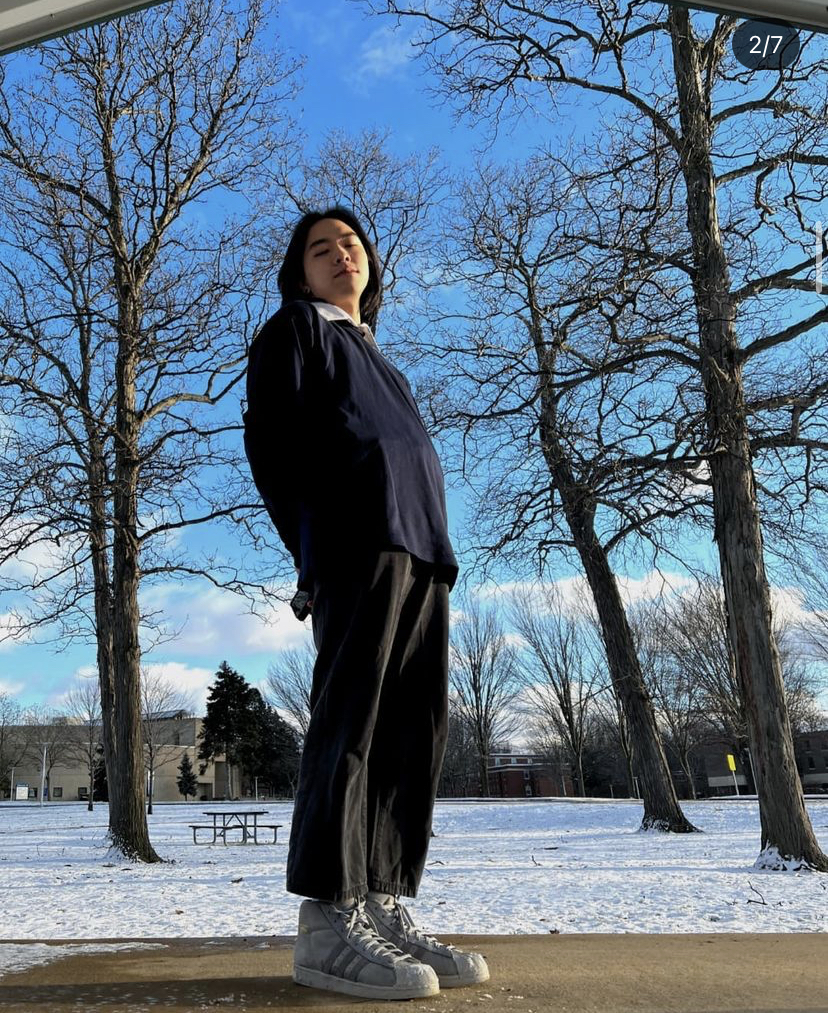
Yek’s family rarely traveled when he still lived in Malaysia, but the family did move to Klang when Yek was around 12 years old. The nearby city is about 40 minutes from Kuala Lumpur.
Yek describes his upbringing as tumultuous, as he was the oldest of three siblings in an abusive home. “I tell people I have a single mother. My dad was in the picture, but he was abusive,” said Yek.
Due to the pressure put on him as the oldest child in the family, Yek found himself having to mature very quickly. He recalled when he turned 10 years old, his mother and aunt told him “You’re 10 now, that means you have to start taking care of your family.”
Yek describes his mother as “compassionate and understanding.” He continued with, “She’s someone I really respect.”
Yek also admitted that both of his parents have had a large influence on who has become. He explained, “When I hear influence, I don’t just think good. I think good and bad … People are complicated. Nobody is just good or just bad.”

Back in high school, Yek struggled to maintain good grades despite his intelligence. “I would consider myself gifted in terms of math and logic, which I attribute a lot to my obsessive-compulsive disorder (OCD). But, I kind of got cocky in my teenage years and didn’t feel like I needed to pay attention … I almost didn’t graduate because my grades were so bad,” said Yek.
OCD has impacted Yek’s life in several ways. He recalls “[being] four or five years old counting tiles until [I] cried. It’s not a fun experience especially when no one knew what I was going through.” Yek was first diagnosed with OCD at 19 years old after seeking therapy, so for his entire childhood, he did not understand why he had these compulsions.
“It took years for me to finally talk about it. That’s why I believe in therapy so much, and that’s why I think everyone should go to therapy,” said Yek. He said being able to dissect his thoughts gave him “relief.”
Oftentimes, Yek experiences what he described as “thought loops,” which are recurring fixations on a specific action that are hard to break out of due to his OCD. Although many are under the assumption that these thought loops are harmless, they can form into dangerous or intrusive thought patterns that can be extremely difficult to combat.
Yek has found relief from some of these thought loops through his interest in physics. “Physics satisfies the need for symmetry that my OCD craves,” said Yek.
Despite the fact that OCD plays a large role in Yek’s life, he explained, “There’s more to me than [OCD] … You can’t just reduce me down [to my] OCD.” Yet, he also explains that every day is difficult when living with this mental illness, and it is a large part of his life.
Despite his struggles in high school and during childhood, Yek knew he wanted to come to the U.S. “because of how it is sold to other countries.” He also explained, “In East Asian households, it’s a big thing to have your children be good at math and science because that’s the golden ticket.”
But as an international student, it was impossible for Yek to receive need-based financial aid because most times, he didn’t qualify. In order to fill out a FASFA, applicants need to have U.S. citizenship or permanent residency. After going through many lengthy and expensive application processes, SUNY Fredonia was one of the few affordable options.
Yek refers to SUNY Fredonia as his “second chance” and “redemption” from high school. Boarding the plane to the U.S. was Yek’s first experience traveling alone. Beyond this, it was his first time traveling internationally. It took 40 hours, between cancellations and layovers, to arrive in Fredonia.
Looking back, Yek is still surprised by how he managed to adjust to a brand new life in Fredonia on top of classwork and being a member of the SUNY Fredonia swim team. “I took things one step at a time … I navigated it through talking to people. I have met a lot of good people here that have helped me in some way,” said Yek.
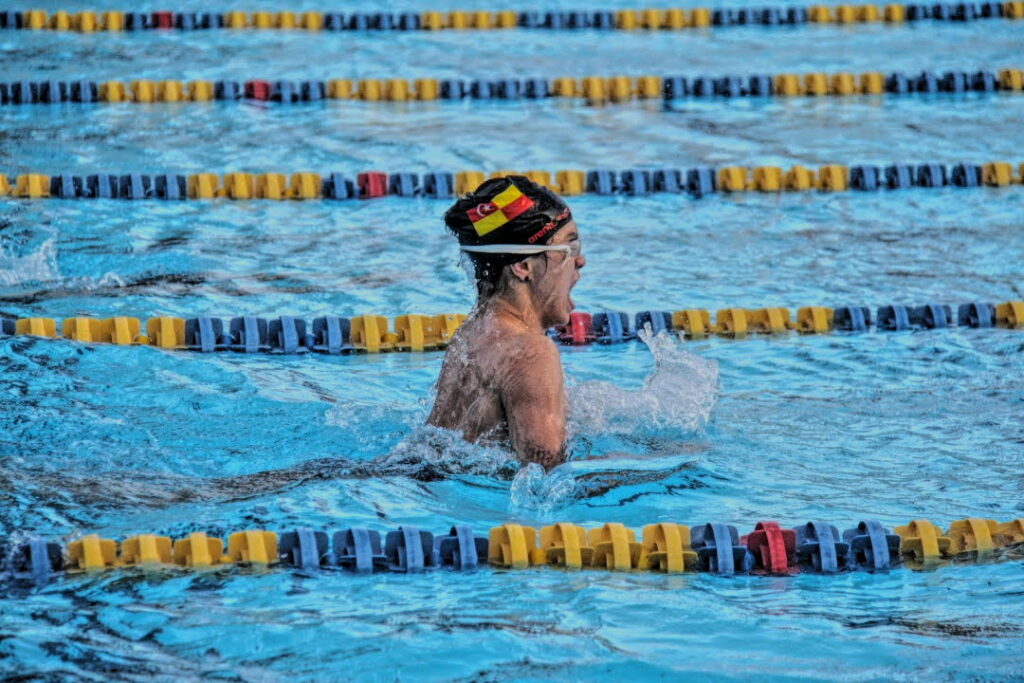
There are many differences between Malaysia and the U.S. — food, weather, culture. But Yek explained the contrasting mentalities of people within these two very different cultures. “In America, there’s a ‘me versus you’ mentality where you have to figure out who’s on your side. In Malaysia, they say [what they feel] more often than not, but here, you have to read facial expressions more.”
In Malaysia, it is also very common for people to know multiple languages. Yek said, “Because it is so diverse and there are so many different cultures and religions and people from all walks of life, the average Malaysian knows two to three languages.”
Yek knows six languages: Mandarin (or Chinese), Malay (the national language of Malaysia), English, Cantonese (which is another dialect of Mandarin), Hokkien (also a dialect of Chinese) and Spanish.
Due to the diverse population, many Malaysians are exposed to various languages and grow up picking up on them without having to learn them in a classroom. Yek explained, “You don’t learn any [languages], people just start saying them to you.” He added that most Malaysians typically know how to speak Malay and English.
For Yek, he was surrounded by English, Hokkien and Mandarin from birth, as the two languages were used interchangeably. His parents and other family members spoke Cantonese, and he was introduced to Malay when he entered the Malaysian school system.
“I was exposed to [these languages] since I can remember. I wasn’t learning all five at once, but you just hear all five all the time and you just pick it up,” said Yek. Spanish is the only language Yek sought to learn through Duolingo about three years ago, but he hasn’t practiced the language much recently.
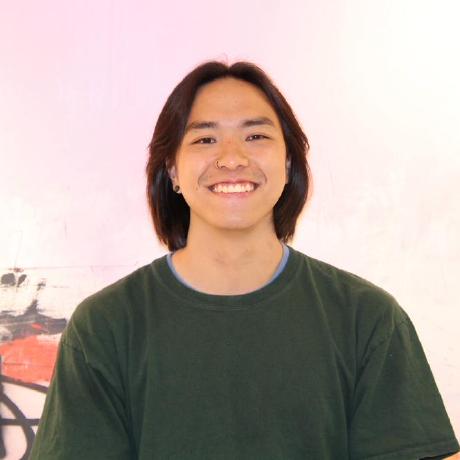
When first being introduced to Fredonia, Yek did not expect the university to be as much of a predominately white institution as it is. Of SUNY Fredonia’s entire student population, only two percent are international students. Yek said, “This is the least diverse place I’ve ever been … I’ve never been somewhere so homogenous.”
Yek has faced subtle and outright racism at the university, and described the experience as “alienating at times.” Yek started out on the Fredonia swim team as a freshman, but he left after the pandemic hit due to the negative treatment he said he received as a person of color on a nearly all-white team.
He was also the president of Physics Club and vice president of Math Club. However, he has dropped both of those positions after weighing his priorities.
He said, “A year ago, if you would’ve asked me what I was involved in, I would have given you a list, and I would have rattled down like every single [thing]. But if you had asked me back then if I was happy, I would have told you no.”
He continued to explain he had to take a step back to identify what truly makes him happy. “I realized I don’t need to be overwhelming myself. I can just focus on one thing and do it really well and be happier … I do physics because it makes me happy, and I see a career in it,” said Yek.
Now, Yek’s main project is working with the University of California, Berkeley as a research intern. More specifically, Yek is paid to look for aliens. “I’m not kidding, like I am literally paid to look for aliens,” said Yek.
He was accepted into the competitive program in the summer of 2021. “I went to California. I lived there for 10 weeks. Berkeley is the only place in my life that I’ve ever fallen in love with. I got two tattoos that are related to my project: aliens and machine learning,” said Yek.
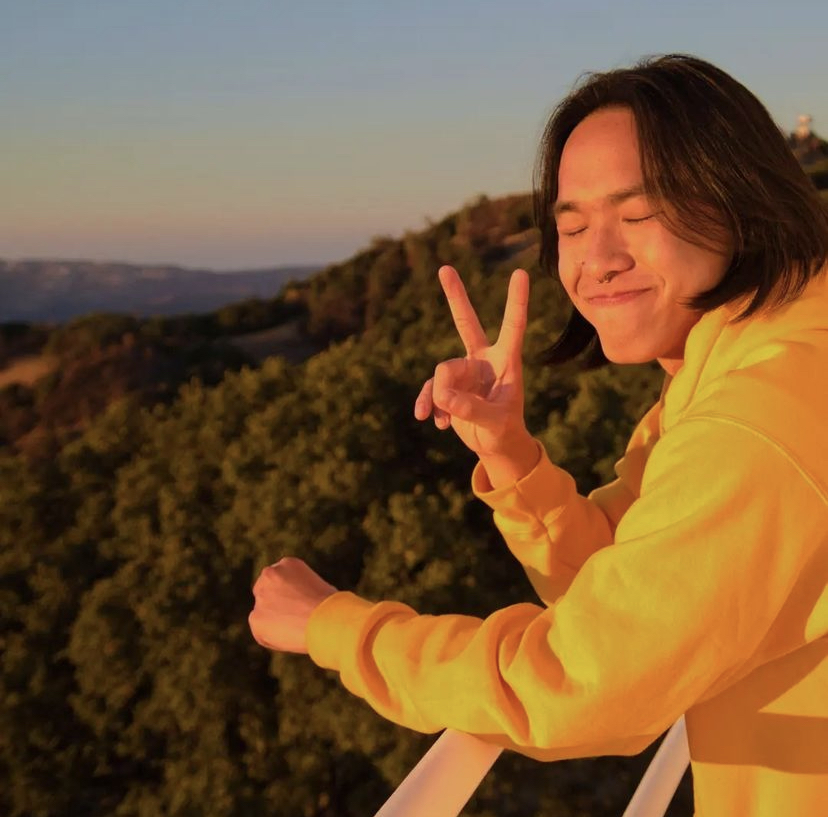
After the internship ended, Yek submitted a funding proposal to continue his research remotely as a research assistant with the Berkeley Search for Extraterrestrial Intelligence (SETI) Research Center. “Fortunately, it got accepted. I’ve been working with them ever since,” said Yek.
The research aims to detect radio waves in space from outside sources, under the assumption that the production of these artificial radio waves needed to be created by outside life.
Yek explained it with, “In theory, if there’s an alien civilization in some faraway planet, and they pointed their telescopes at the right place at the right time, they could pick up on these signals that are leaking out from Earth. And they could look at it and determine based on the properties of the signals that they are artificial.” Yek continued, “They can conclude that there is intelligent life on Earth … So that’s what we’re trying to do but in the reverse.”
He described the process as searching for a needle in a haystack, “but you don’t know what the needle looks like, if there even is a needle at all, and the haystack is huge.” To search for the radio waves, Yek was responsible for “developing the architectures used to pick out these signals, often employing machine learning techniques” to detect the radio waves in space.
With this, Yek is still taking on new projects all within the field of “setting up the infrastructure [and] building the tools for people to go out and find aliens.” He spends around 20 hours a week doing research.
Although Yek was losing motivation prior to his internship, he said, “I tried to set myself up for when opportunity did come, I would hit the ground running. And the right opportunity came in the form of an acceptance letter from Berkeley.” He stays organized through outlining a routine but remaining flexible.
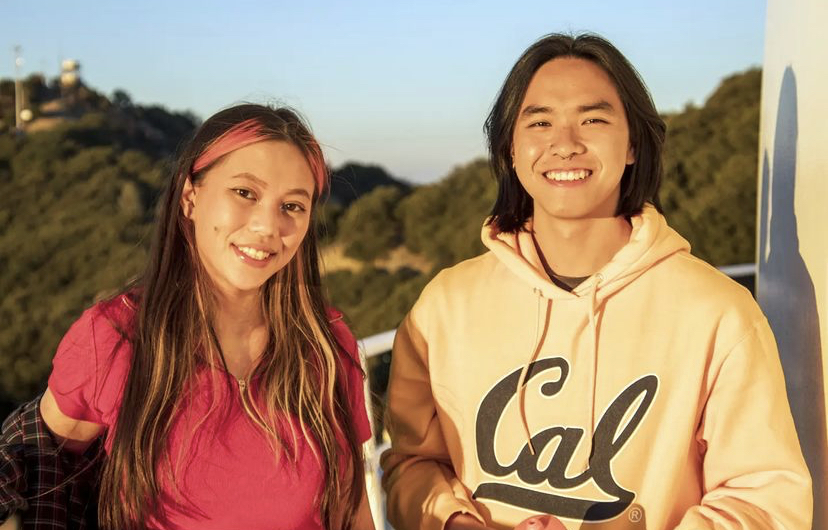
In the future, Yek hopes to work as a data scientist in the technology sector. “The goal is to work my way up to a position where I can use technology to impact the world in a positive way,” said Yek. After graduation, Yek is looking to apply for internships at tech companies to get his foot in the door.
Above all else, Yek wants to follow the pursuit of happiness. “I love doing data science, but I don’t care about being the best data scientist. I want to go to work every day loving what I do.”
